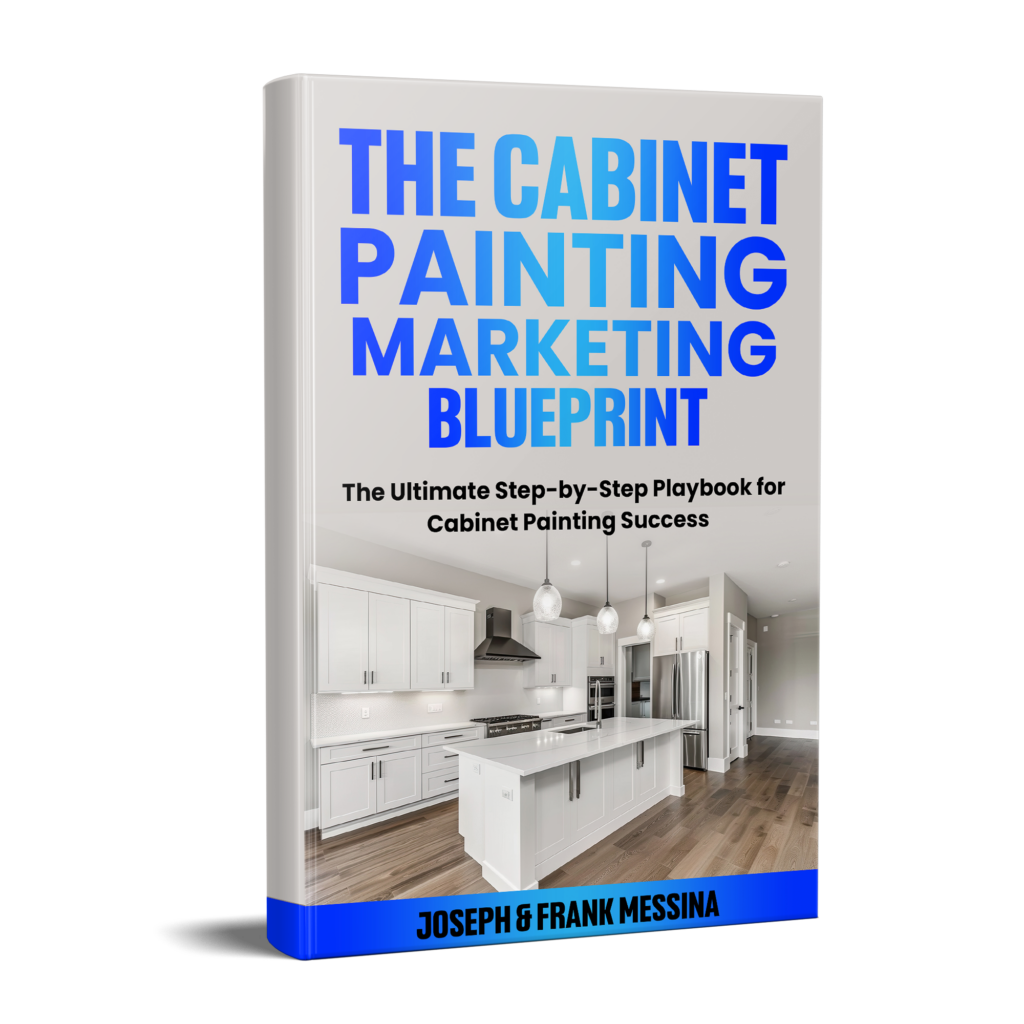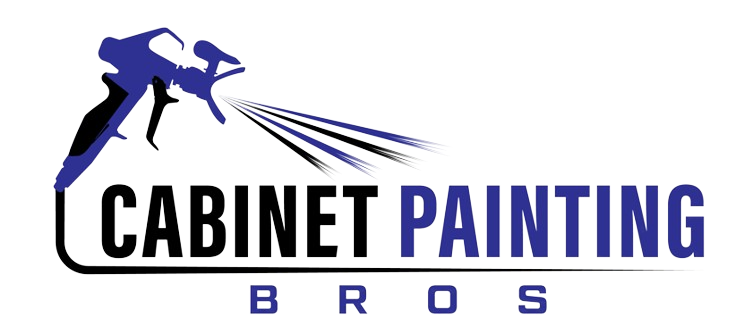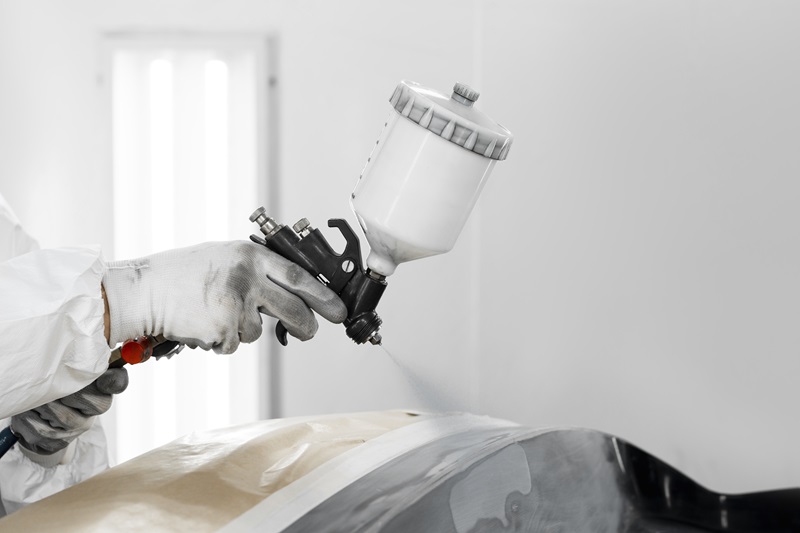What is an HVLP Paint Sprayer? A Complete Guide to High-Volume Low-Pressure Systems
An HVLP paint sprayer (High-Volume Low-Pressure) is a specialized painting tool that uses a high volume of air at low pressure to atomize and apply paint with minimal overspray. These efficient paint application systems have become increasingly popular among professionals and serious DIYers for their precise control and superior finish quality, particularly on fine woodworking and detailed projects.
How HVLP Paint Sprayers Work
HVLP systems operate on a fundamentally different principle than traditional sprayers. They use a high volume of air delivered at low pressure (typically 10 PSI or less at the air cap) to atomize paint into fine particles. This method results in significantly less overspray compared to conventional systems, making them highly efficient and environmentally friendly.
The system consists of several key components working together:
- A turbine or compressed air source that generates the air flow
- A specialized spray gun designed for low-pressure operation
- Various fluid tips and air caps for different materials
- A paint cup or reservoir attached to the gun
Special Resource: The Cabinet Painting Marketing Blueprint

Do you want to land more high-paying kitchen cabinet painting jobs? Learn from the Cabinet Painting Bros who consistently land 300+ cabinet painting projects a year! Download the Cabinet Painting Marketing Blueprint, packed with proven strategies and insider tips to grow your painting business. Don’t miss out on this step-by-step guide to generating cabinet painting leads like a pro.
Advantages of HVLP Systems
HVLP sprayers offer several significant benefits that make them particularly valuable for certain applications. Their high transfer efficiency means that more paint ends up on the target surface rather than in the air, typically achieving 80-90% transfer rates. This efficiency translates to material savings, reduced cleanup time, and a healthier work environment with less paint mist in the air.
The low-pressure operation also provides exceptional control over the spray pattern and material flow. This precise control makes HVLP systems ideal for detailed work where a fine finish is crucial, such as cabinet doors, furniture, and trim work.
Professional Applications
HVLP sprayers excel in several professional settings:
Professional cabinet finishing requires the highest quality results, and HVLP systems deliver the smooth, even coverage needed for these demanding projects. The fine atomization and controlled spray pattern ensure excellent results on both face frames and detailed door panels.
Fine furniture finishing benefits from the precise control and minimal overspray characteristics of HVLP systems. Whether applying stains, lacquers, or fine paints, these sprayers provide the control needed for professional-quality results.
Automotive finishing and refinishing operations often use HVLP systems for their superior control and finish quality. The reduced overspray is particularly valuable in shop environments where overspray control is crucial.
Material Compatibility
HVLP systems work well with a wide range of finishing materials, though they have some limitations. They excel with:
Traditional materials like lacquers, stains, and urethanes atomize well through HVLP systems. These materials typically have ideal viscosity characteristics for low-pressure application.
Water-based finishes can be successfully applied, though they may require specific tip sizes and pressure settings. Modern water-based materials are increasingly formulated with HVLP application in mind.
Some heavier materials may need thinning or special setup considerations. The key is ensuring the material viscosity falls within the capability range of the specific HVLP system being used.
Professional Brand Selection
Leading manufacturers like Graco and Titan offer professional-grade HVLP systems designed for consistent, reliable performance. These established brands provide comprehensive support and parts availability, crucial for professional operations.
When selecting an HVLP system, consider factors such as:
- The types of materials you’ll primarily spray
- Required production volume
- Available air supply (turbine or compressed air)
- Maintenance requirements and parts availability
- Warranty and support services
Maintenance Requirements
HVLP systems require regular maintenance to maintain optimal performance:
Daily cleaning is essential, particularly with the spray gun and fluid passages. Thorough cleaning between color changes and at the end of each day prevents material buildup and ensures consistent performance.
Regular inspection of seals, gaskets, and wear parts helps prevent unexpected downtime. Establishing a preventive maintenance schedule based on usage patterns protects your investment and ensures reliable operation.
Best Practices for Operation
To achieve optimal results with HVLP systems:
Material preparation is crucial. Proper straining and viscosity adjustment ensure smooth operation and excellent finish quality. Temperature and humidity conditions should also be monitored and adjusted for as needed.
Proper technique development takes time but pays dividends in finish quality. Maintaining consistent distance, overlap, and gun angle produces the best results. Training and practice are essential for developing these skills.
HVLP Sprayers
HVLP paint sprayers represent a significant advancement in finishing technology, offering superior control and efficiency for professional finishing applications. While they require proper setup and maintenance, these systems provide excellent results for users who need fine finish quality and efficient material usage.
Whether you’re finishing cabinets, furniture, or other detailed work, understanding and properly using HVLP technology can significantly improve your finishing results. The investment in quality equipment from respected manufacturers like Graco and Titan, combined with proper training and maintenance, can provide years of reliable service and superior finishing results.
Special Resource: The Cabinet Painting Marketing Blueprint

Do you want to land more high-paying kitchen cabinet painting jobs? Learn from the Cabinet Painting Bros who consistently land 300+ cabinet painting projects a year! Download the Cabinet Painting Marketing Blueprint, packed with proven strategies and insider tips to grow your painting business. Don’t miss out on this step-by-step guide to generating cabinet painting leads like a pro.

